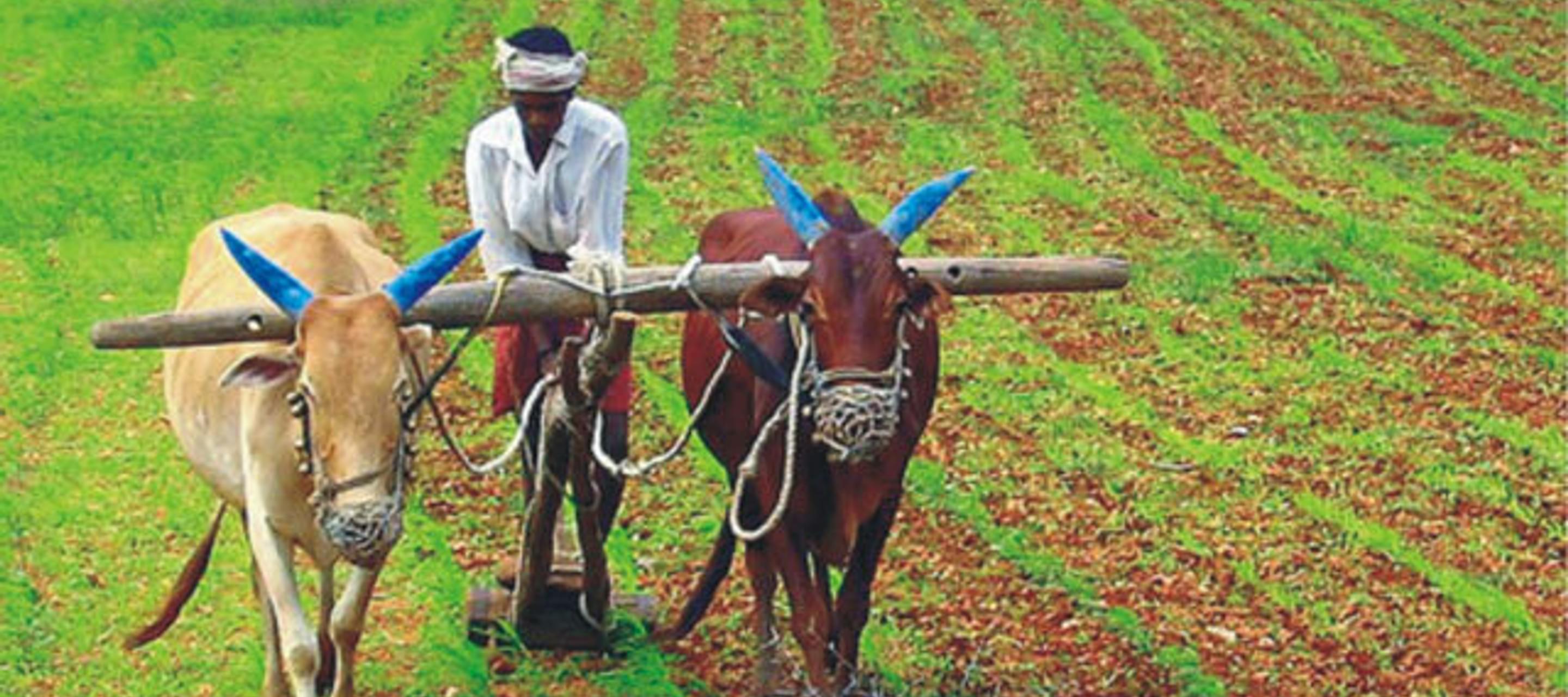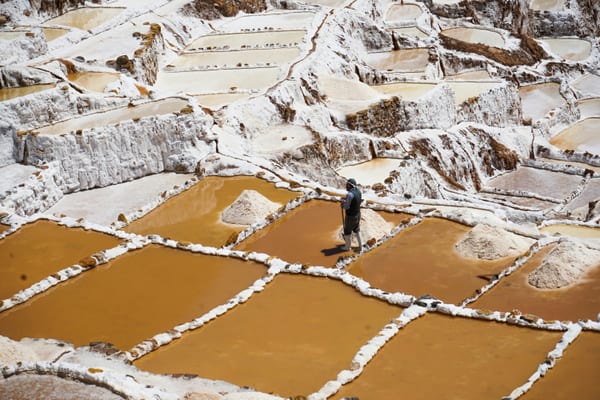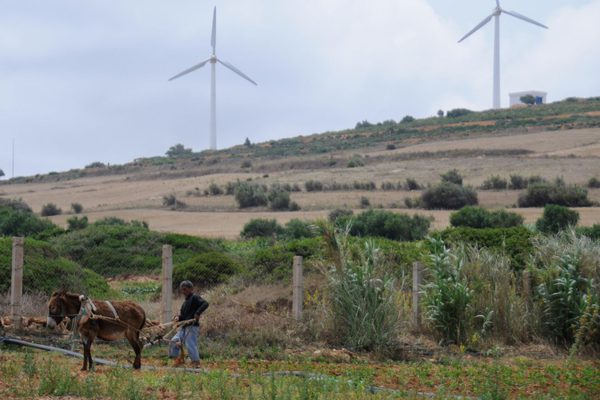The Right to Food and Water - Dependencies & Dilemmas
13 July 2010

This paper, prepared by Surabhi Chopra for IHRB, is based on a background paper prepared for a meeting IHRB convened at the United Nations Office of High Commissioner for Human Rights in Geneva in July 2010.
It analyses how businesses affect the right to water and the right to food, looking primarily at businesses as water users, rather than as water providers, and as food producers. It examines the private sector impacts on these rights through the “Protect, Respect, Remedy” framework developed by the Special Representative of the UN Secretary General on business and human rights.



